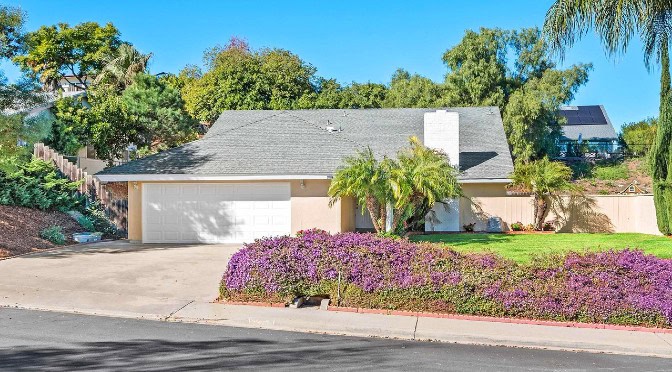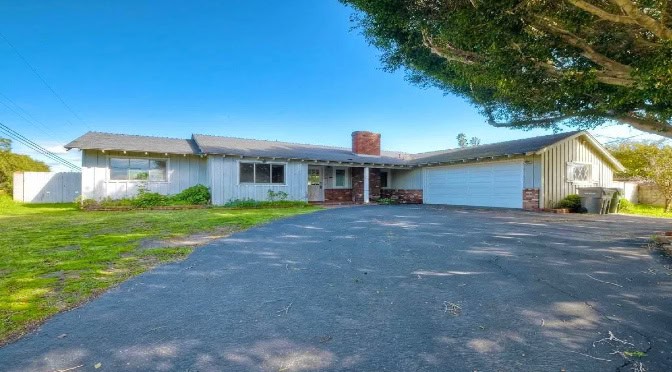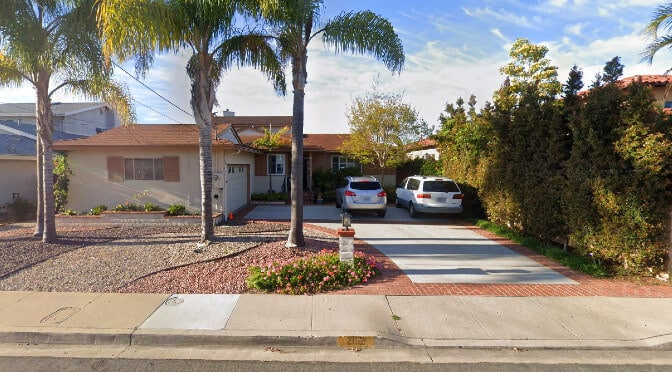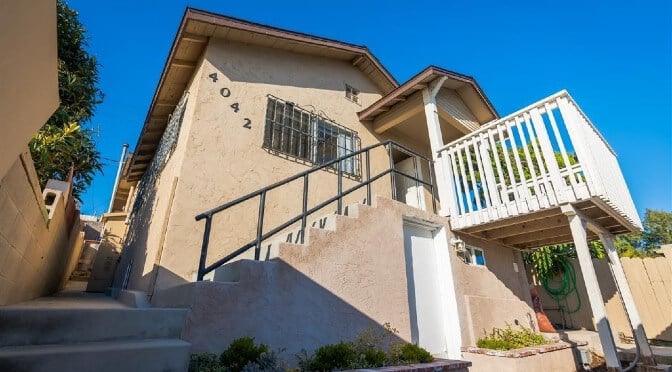
10 Questions You Must Ask a Hard Money Lender When Applying for a Loan
New hard money borrowers may be intimidated when inquiring about a hard money loan for real estate and let the lender dictate the conversation and ask all the questions. Show the hard money lender you’re educated about hard money and you’ve done your research with these 10 important questions to ask hard money lenders. This will help avoid getting into a bad situation with a hard money lender who isn’t able to deliver what you need or adds extra junk fees to the loan at the last minute.
Unacceptable answers to the questions below may indicate you need to find a different hard money lender.
Questions to ask Hard Money Lenders
1. How much experience do you have in hard money lending?
It is best to ensure that the lender has sufficient experience in hard money lending and experience with the specific type of hard money loan requested by the borrower. The more experienced the hard money lender, the better.
It’s in the best interest of the hard money lender to have their borrowers succeed. The borrower can benefit from leveraging the experience of the lender in order to avoid any potential pitfalls.
2. What is your real estate license ID?
Make sure that the hard money lender is licensed. Their license ID should be displayed on their website and any advertising material they produce. If not, ask for their license ID. The license ID can then be used to search on the state website, which will reveal additional information about the licensee, including any disciplinary action against the licensee. In California, consumers can check a real estate broker’s license ID here: CalBRE Public License Lookup
3. Are you a direct hard money lender or will you broker this loan to another company?
A direct hard money lender will process the entire loan and fund the loan with internal resources. A hard money lender who only brokers loans will send the request to another source for funding.
A loan through a direct hard money lender will often be faster and smoother but in some situations brokering a loan to another company can result in lower loan costs for the borrower. The hard money lender may know of a specific funding source that will be cheaper for the specific loan scenario or the broker may know another lender who specializes in financing certain requests other lenders can’t fund.
Either option may be suitable but the borrower should know upfront what type of situation is being proposed by the lender.
4. Do you have references from previous borrowers?
A reliable and experienced hard money lender should have no problem pointing a potential borrower to positive reviews and testimonials from satisfied clients. The lender may have reviews or testimonials on 3rd party websites or customer comments published on their own website. If the lender doesn’t have previous clients with good things to say about them, there may be issue.
5. What is your interest rate and how many points do you charge?
Interest rate and points are generally the two factors that determine the overall cost of the loan. After speaking with a few lenders, the borrower should have a good sense of the range of rates available for their loan request.
While the cost of the loan is most often the main factor in considering which hard money lender to use, experience and reliability should also be heavily considered.
6. Are there any other fees that will be charged for originating the hard money loan?
Some hard money lenders will quote interest rates and points and then conveniently wait to inform the borrower of other document, origination or processing fees. Ask about all fees upfront and factor them into the total cost of the loan for a fair cost comparison between lenders.
Standard transaction fees such as escrow, title insurance, recording and notary fees will apply for all loans but these are not fees paid to the hard money lender.
7. What loan to value you are able to offer?
The loan to value ratio (LTV) is the loan amount the lender will allow based on the current value of the property. This ratio can vary from lender to lender. The LTV will also vary based on the property type. LTVs on commercial property loans are generally lower than residential property. LTVs on land are often the lowest because of the high amount of risk involved. More rural properties will also have a lower LTV.
Some hard money lenders with an appetite for risk will lend on the after repair value (ARV) as opposed to the more conservative current value or purchase price.
8. Is there a prepayment penalty?
It’s not uncommon for lenders to have a small prepayment penalty which means a minimum amount of interest must be paid on the loan. In many situations the prepayment penalty will not affect the borrower in any way. If there is a prepayment penalty, the borrower must make sure it works for their proposed timeline.
In some cases the borrower may be able to negotiate and pay a higher interest rate or points in order get rid of a prepayment penalty. Prepayment penalties are not allowed for consumer owner occupied loans.
9. How long will it take to fund the loan?
Hard money lenders should be able to approve and fund a hard money loan within 2 weeks. Reliable direct hard money lenders can fund hard money loans within 3-5 days in some cases if the funding is necessary to save a deal.
If the loan is a consumer loan where the proceeds are for personal, family or household use, the minimum time to fund the loan will be approximately 3 weeks due to government regulations and disclosure requirements. The loan process will be even longer if the consumer loan is against an owner occupied property.
10. How long of a loan term is available?
Hard money loans are normally for short term use only. In general, terms of 12 months to 5 years are available but some lenders may only offer 1 to 2 year terms. The borrower must make sure their timeline will work with the lender’s loan terms.
Additional Questions to ask Hard Money Lenders:
Other questions which may apply to your specific loan scenario. Ask these questions upfront to avoid wasting time with a hard money lender who won’t be able to fund your request.
Will you lend rehab costs for a fix and flip project?
In some cases a fix and flip investor will need a loan to purchase the property and have funds for the rehab costs. Some hard money lenders will only provide a loan to purchase the property and require the borrower to have additional funds to cover the rehab costs while other lenders are able to provide financing for all or a portion of the rehab costs. Find out upfront if rehab cost financing is available from the hard money lender you are speaking with.
Do you lend on residential owner occupied properties?
The majority of the hard money lenders will not lend on residential owner occupied properties as recent government regulations (Dodd-Frank) have made the process much more difficult for both the borrower and lender.
The new regulations require the borrower to verify their income and other debt obligations to ensure they will be able to keep their debt to income ratio below a certain level. The borrower’s income must be verified with documents such as tax returns or W-2. Stated income loans are not available for residential owner occupied properties. The regulations require more documentation and disclosures to be produced and the overall funding timeline is slowed down due to mandatory recession periods.
Do you originate 2nd trust deeds?
Many hard money lenders will not provide a 2nd trust deed loan behind an existing 1st trust deed loan. The reason for this is the extra amount of risk for the lender providing the 2nd.
If the borrower defaults on the 1st loan, the lien holder of the 1st will be able to foreclose on the property and wipe out the 2nd lien holder’s interest in the property. The 2nd lien holder will be able to foreclose on the property if they make loan payments to the 1st lien holder on behalf of the borrower in order to keep the 1st loan current.
2nds will have a higher interest rate because of the increased risk. 2nds behind a relatively large 1st can be very difficult to obtain as the risk in this situation is even greater.
Are you able to give me a pre approval letter to submit with offers?
Borrowers who don’t already have a property under contract and intend to be making offers soon will have a greater chance of having their offers accepted if they also submit a pre approval from an experienced hard money lender.
Once the borrower has completed and submitted a standard loan application, the lender will be able to determine if the borrower will qualify for a hard money loan and for what amount. When the borrower is about to submit an offer they just need to contact the lender and have them draft a brief letter so the borrower can prove they have financial backing for the purchase.
Recent Hard Money Loans Funded by North Coast Financial
CA Hard Money Loan Request
We will contact you to review the loan scenario and provide a quote.




